Lung cancer remains one of the most prevalent and deadly forms of cancer in the United States, with significant implications for public health. In this comprehensive guide, we discuss Can You Survive Lung Cancer If Caught Early, along with statistics, types, risk factors, symptoms, early detection methods, treatment options, and the importance of holistic care in managing lung cancer.
Furthermore, we highlight the holistic approach to cancer care, advocated by experts like Madhavi Parikh, and its benefits in enhancing patient outcomes.
Lung cancer accounts for a substantial portion of cancer-related deaths in the USA, with statistics revealing its significant impact on both genders. According to the American Cancer Society, in 2024 alone, there were approximately 125,070 deaths attributed to this disease. These numbers underscore the urgent need for a deeper understanding of lung cancer and effective management strategies.
What Is Lung Cancer?
Lung cancer refers to the uncontrolled growth of abnormal cells in the lungs, which can form tumors that can interfere with lung function and spread to other parts of the body. This malignancy can be broadly categorized into primary and secondary lung cancer, each with distinct characteristics and implications for treatment.
Types of Lung Cancer
Non-Small Cell Lung Cancer (NSCLC)
NSCLC is the most common type of lung cancer, comprising around 85% of cases. Its subtypes include adenocarcinoma, squamous cell carcinoma, and large cell carcinoma, each characterized by specific cellular features and response to treatment.
Adenocarcinoma
Adenocarcinoma arises in the cells lining the lungs’ air sacs and is often associated with non-smokers or former smokers. It tends to spread more slowly than other NSCLC types and may respond well to targeted therapies.
Squamous Cell Carcinoma
Squamous cell carcinoma develops in the squamous cells lining the airways. It is strongly linked to smoking and may present as a centrally located tumor within the lungs.
Large Cell Carcinoma
Large cell carcinoma is a less common subtype characterized by large, abnormal-looking cells. It can grow rapidly and has a tendency to metastasize early.
Small Cell Lung Cancer (SCLC)
SCLC accounts for about 15% of lung cancer cases and is known for its aggressive nature and rapid growth. It typically starts in the bronchi and quickly spreads to other organs, making early detection crucial for effective treatment.
Who Gets Lung Cancer?
Smoking and Tobacco Use
Cigarette smoking remains the leading cause of lung cancer, with smokers facing a significantly higher risk than non-smokers. Secondhand smoke exposure also contributes to lung cancer incidence.
Environmental Exposures (Radon, Asbestos, etc.)
Exposure to carcinogens such as radon gas, asbestos fibers, and certain chemicals in the workplace or environment increases the likelihood of developing lung cancer.
Genetic Factors
Some individuals may have genetic predispositions that make them more susceptible to lung cancer, highlighting the role of inherited genetic mutations in cancer development.
Age and Gender
Lung cancer incidence increases with age, and men historically have had higher rates of lung cancer than women. However, the gap has narrowed due to changes in smoking patterns and environmental factors.
Why Does Lung Cancer Occur?
Cellular Changes and Mutation
Lung cancer arises from genetic mutations that disrupt normal cell growth and division, leading to uncontrolled proliferation and tumor formation.
Role of Carcinogens
Exposure to carcinogens, such as those found in tobacco smoke, asbestos, radon, and industrial chemicals, can trigger genetic mutations and increase the risk of developing lung cancer.
Impact of Genetics
Inherited genetic mutations, such as those in the EGFR or ALK genes, can contribute to the development of lung cancer, particularly in non-smokers or individuals with a family history of the disease.
Can You Survive Lung Cancer if Caught Early?
Survival rates for lung cancer significantly improve when detected early, as it allows for prompt treatment and management strategies. Early-stage lung cancer patients who undergo surgery, targeted therapy, or immunotherapy often have better outcomes and higher chances of long-term survival.
Screening programs using CT scans and X-rays help identify lung cancer in its early stages, especially in high-risk individuals like current or former smokers, further emphasizing the importance of early detection in improving survival rates.
The Basic Symptoms of Lung Cancer
Early Signs
Persistent Cough
A persistent or worsening cough that doesn’t go away with common treatments can be a sign of lung cancer, especially if accompanied by other symptoms or risk factors.
Shortness of Breath
Breathlessness or difficulty breathing, particularly during physical exertion, may indicate lung cancer, especially when combined with other respiratory symptoms.
Chest Pain
Persistent chest pain, discomfort, or tightness, especially in the chest wall, back, or shoulders, can be a symptom of advanced lung cancer or metastasis to nearby tissues.
Advanced Symptoms
Coughing up Blood
Coughing up blood or bloody sputum, known as hemoptysis, is a concerning symptom that warrants immediate medical evaluation for possible lung cancer or other serious conditions.
Fatigue
Unexplained fatigue, weakness, or lethargy that persists despite adequate rest can be a manifestation of advanced lung cancer or associated complications.
Weight Loss
Unintentional weight loss, loss of appetite, and changes in eating habits may occur in advanced lung cancer cases, reflecting the body’s metabolic changes and disease progression.
Care and Therapies for Lung Cancer
Treatment Options
Surgery
Surgical resection involves removing the cancerous lung tissue and nearby lymph nodes and is often recommended for early-stage lung cancer cases.
Chemotherapy
Chemotherapy uses powerful drugs to kill cancer cells or slow their growth and is commonly used in combination with other treatments for both NSCLC and SCLC.
Radiation Therapy
Radiation therapy delivers targeted radiation to the tumor site, either alone or in conjunction with surgery or chemotherapy, to shrink tumors and destroy cancer cells.
Targeted Therapy
Targeted therapies target specific molecular pathways or genetic mutations driving cancer growth, offering more precise and personalized treatment options.
Immunotherapy
Immunotherapy enhances the body’s immune response to cancer cells, helping to attack and eliminate tumors while minimizing damage to healthy tissues.
Palliative Care and Supportive Therapies
Palliative care focuses on improving the quality of life and managing symptoms, such as pain, fatigue, and emotional distress, throughout the cancer journey.
Pain Management
Effective pain management strategies, including medications, physical therapy, and complementary therapies, help alleviate cancer-related pain and improve overall well-being.
Emotional Support
Psychological support, counseling, and cancer support groups play a crucial role in addressing emotional challenges, anxiety, depression, and coping with the impact of lung cancer.
Nutritional Counseling
Nutritional counseling and dietary interventions support patients in maintaining optimal nutrition, managing treatment side effects, and promoting overall health and recovery.
Factors Beyond Stage That Impact Survival
Molecular Markers and Genetic Profiling
Genetic testing and molecular profiling help identify specific biomarkers and genetic mutations that guide treatment decisions and predict treatment response.
Response to Treatment
Individualized treatment plans, based on factors such as tumor type, genetic profile, and response to initial therapies, can significantly impact treatment outcomes and long-term survival.
Overall Health and Fitness
Maintaining good overall health, including physical fitness, mental well-being, and a healthy lifestyle, can enhance lung cancer patients’ resilience, treatment tolerance, and recovery.
Why Choose Madhavi Parikh for a Holistic Cancer Approach
Madhavi Parikh is a renowned expert in holistic cancer care. I emphasize a comprehensive and integrated approach to cancer treatment and management.
Madhavi Parikh’s holistic approach prioritizes individualized, patient-centered care, considering the whole person—mind, body, and spirit—while addressing cancer’s physical, emotional, and social aspects.
Meanwhile, Empower patients through education, lifestyle modifications, self-care practices, and active participation in decision-making, fostering resilience, optimism, and a sense of control during the cancer journey.
Connect for Lung Cancer Support:
Seeking personalized treatment options and holistic care for lung cancer? Schedule a compassionate, personalized consultation with Madhavi Parikh.
Conclusion
In conclusion, Can you survive lung cancer if caught early? It depends on the stage and type of the cancer; however, lung cancer is a complex disease with diverse manifestations, risk factors, and treatment options.
Understanding its nuances, promoting early detection, and embracing a holistic approach to care are paramount in improving outcomes, enhancing the quality of life, and fostering hope for individuals facing this challenging diagnosis.
Collaborative efforts among healthcare providers, patients, families, and advocates, coupled with advancements in research and personalized medicine, hold promise for a brighter future in lung cancer management and survivorship.
FAQ
Can you live 20 years after lung cancer?
It is possible to live 20 years or more after being diagnosed with lung cancer, especially with early detection, appropriate treatment, and favorable response to therapies.
What is the life expectancy of a person with lung cancer?
The life expectancy of a person with lung cancer varies depending on factors such as the cancer stage, subtype, treatment response, and overall health. It can range from several months to several years or more.
What is the survival rate for Stage 1 lung cancer?
The survival rate for Stage 1 lung cancer is relatively high, with approximately 60% to 80% of patients surviving five years or more after diagnosis, especially with timely treatment and follow-up care.
Is lung cancer curable in stage 4?
While lung cancer in Stage 4 is considered advanced and not typically curable, it can still be managed with treatments such as chemotherapy, targeted therapy, immunotherapy, and palliative care, which can help improve quality of life and extend survival.


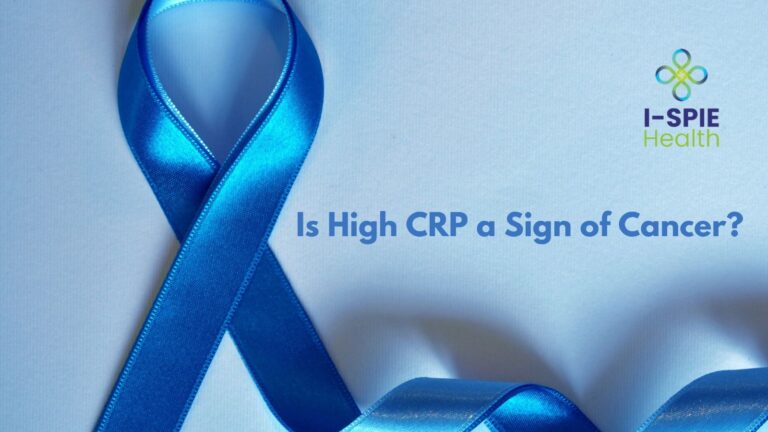
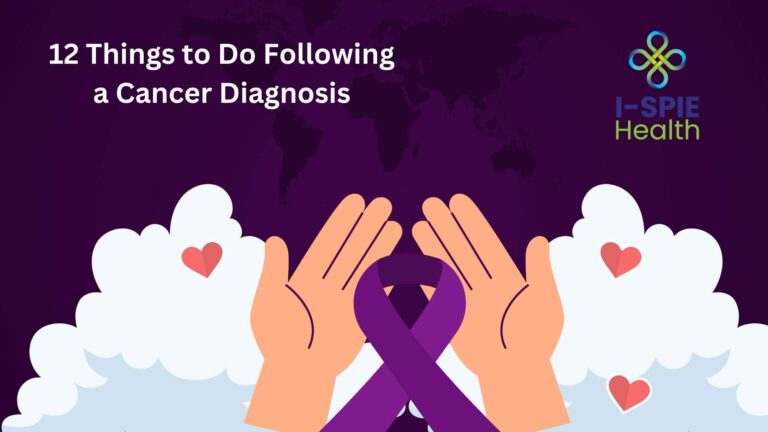
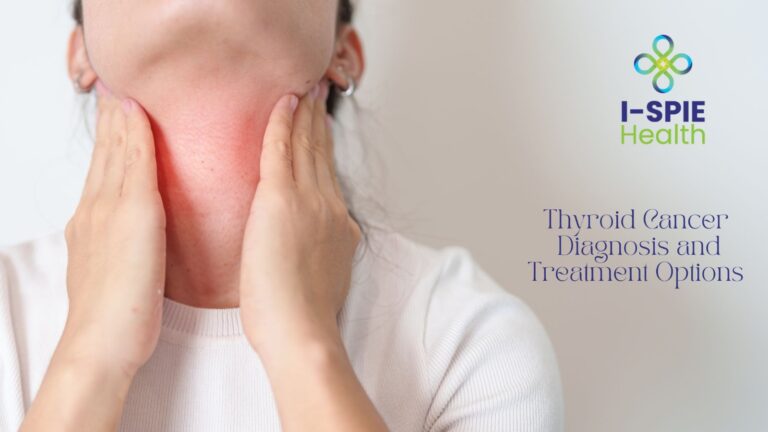

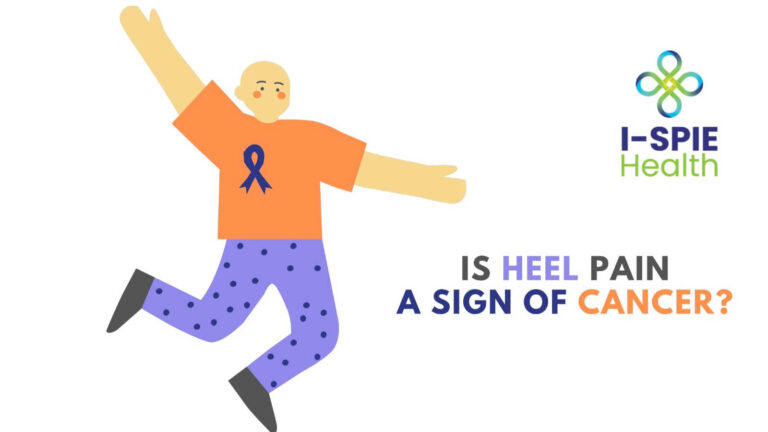
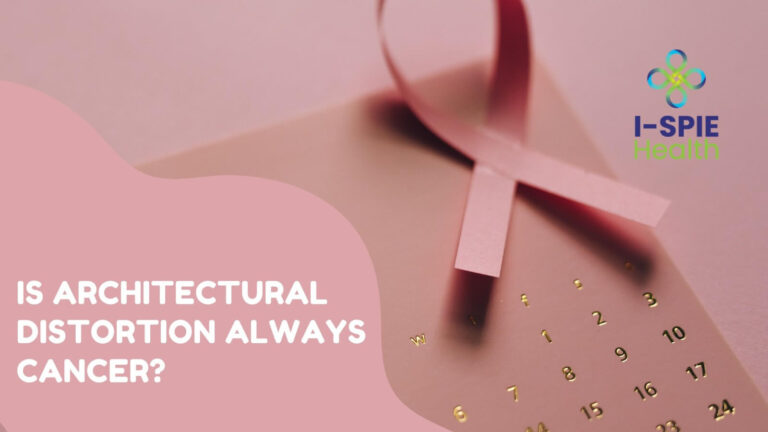
3 Comments